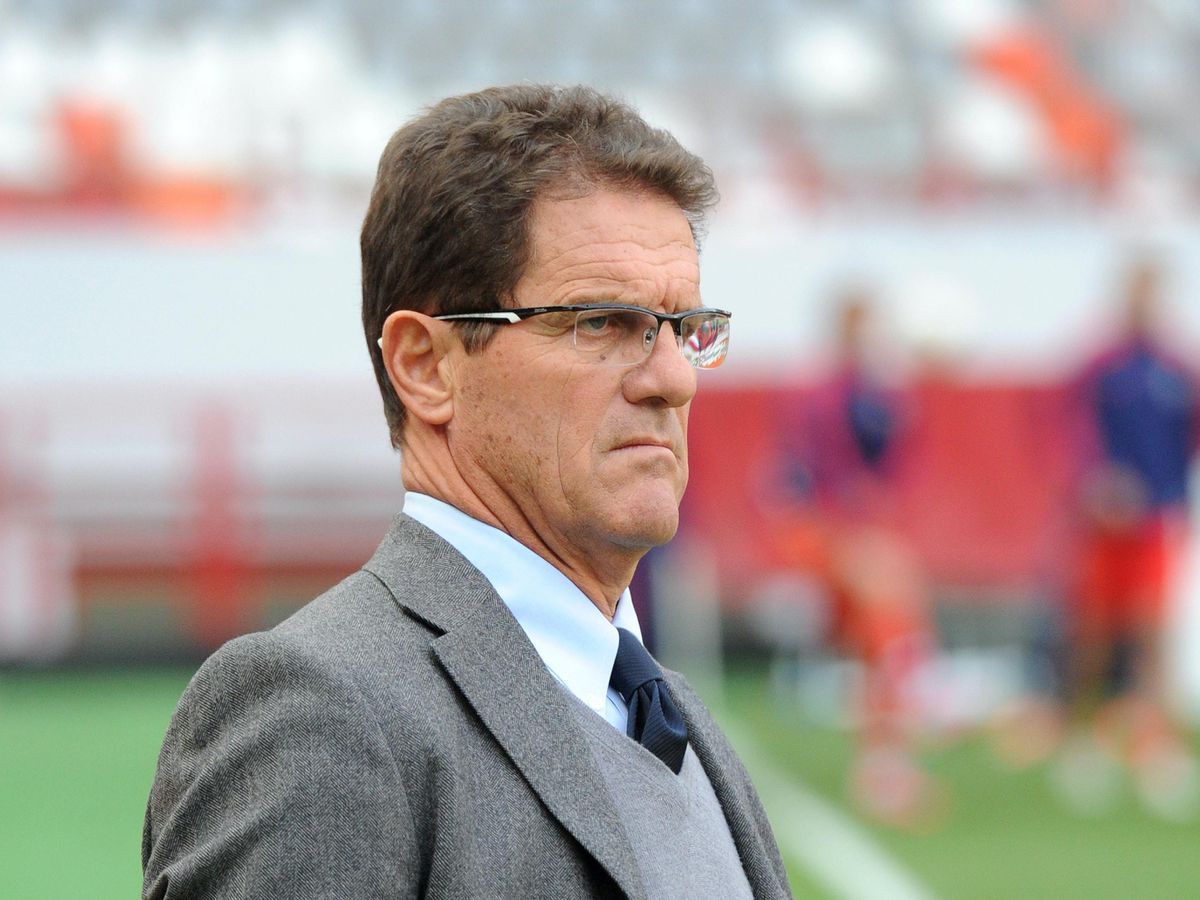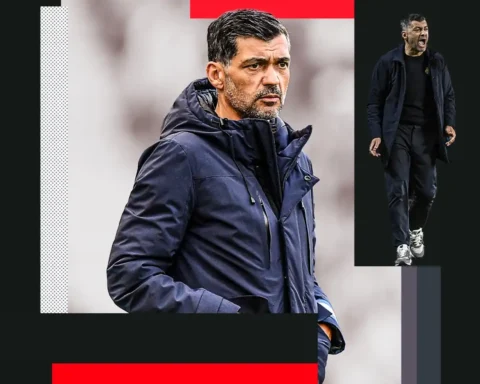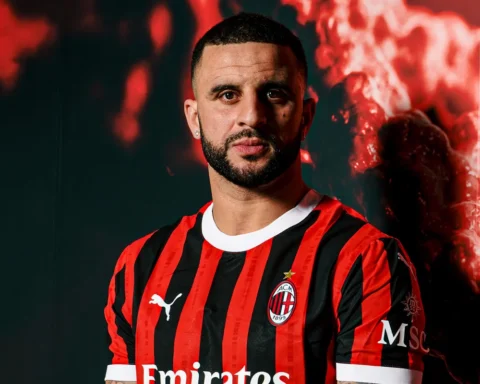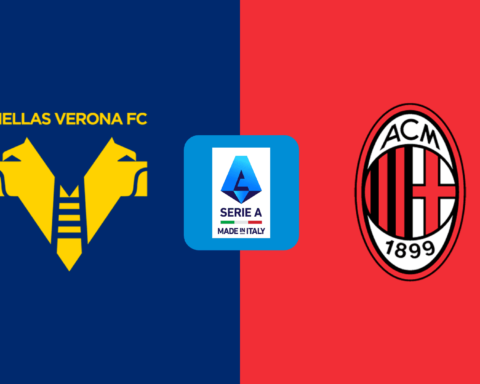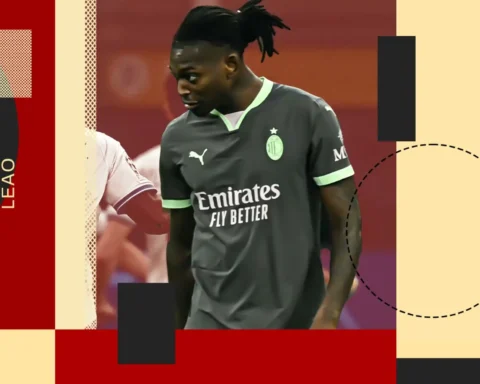Legendary Milan coach Fabio Capello approves of Paulo Fonseca’s new approach with the Rossoneri, following the “cooling break mutiny” at the Olimpico involving Rafa Leao and Theo Hernandez. Speaking with La Gazzetta dello Sport, Capello explained why he is pleased with the way the Portuguese tactician conducted his press conference ahead of Milan’s match with Udinese.
“He did well,” Capello states. “As he said himself, it’s time for Milan players to take responsibility for wearing such an important jersey.”
We certainly weren’t used to seeing and hearing such a direct Fonseca in his statements. Capello explains, “After the loss in Florence, many had criticized the Milan coach for lacking authority. And honestly, seeing the chaos over penalties, the doubt was legitimate. The press conference yesterday is a signal in this regard: enough is enough, I am the coach and I make the decisions, the players must adapt. And don’t think Fonseca went to the press conference to put on a show just for the sake of it; I’m sure he had used equally harsh words inside the locker room before.”
Fonseca’s assertiveness isn’t limited to words; it extends to his decisions as well. For instance, Leao is expected to start from the bench in the upcoming match. Capello supports this decision: “If Fonseca believes it’s good for Milan, it’s right for him to make strong decisions like keeping out one of the team’s most important players. I don’t know if he’s doing it for behavioral reasons, if he hasn’t digested certain phrases from Leao while on national duty, or simply for technical-tactical reasons or rotation, but it’s legitimate nonetheless. In fact, I believe Paulo deserves a ‘bravo’ for his courage.”
Capello acknowledges the potential backlash if results don’t follow: “Obviously, if he doesn’t get results, criticism won’t be spared. But who is (almost always) put in the pillory when you lose? The coach. So, if he’s responsible, let him at least follow his thinking and who cares about the controversies. I experienced something similar with Ronaldo at Real Madrid. And that was Ronaldo the Phenomenon, not Leao, with all due respect to the latter…”
When asked about the risk of Leao taking the exclusion poorly, Capello emphasizes the importance of professionalism: “At these levels, players must be able to receive the coach’s messages and react positively. However, I expect the teammates to explain to Leao what works and what doesn’t, how he can improve, especially in certain attitudes.”
Fonseca’s changes aren’t limited to Leao. From Chukwueze’s return to the starting lineup to Pulisic playing as a trequartista, there’s a sense that Fonseca wants to revisit certain summer ideas that were abandoned after initial negative results. Capello comments, “He’s certainly making courageous choices, then the field will tell if he was right or not. The point is always the same: a coach must follow his ideas, even if someone from the outside doesn’t understand or agree with them.”
The absence of Zlatan Ibrahimovic from Milanello during this challenging period has raised eyebrows, given his past interventions during difficult moments. Capello refrains from speculating but recalls a telling interaction: “I once asked Ibra on TV what exactly his role was because it wasn’t very clear, and not just to me. He simply replied: ‘I am the boss.’ So, if he’s in charge, he’ll decide on his own…”
When asked if Ibrahimovic’s absence could be interpreted as giving Fonseca free rein, Capello agrees: “This is an interpretation I like, and I would agree if Ibra acted with this intent. It can’t always be the club raising its voice, otherwise the coach looks like a figurehead, losing credibility in front of the players. Fonseca, on the other hand, using even colorful words, has made it known that from now on he won’t look anyone in the face. A message that this Milan needed, at least from what I could sense from the outside. And perhaps the coach himself needed it too, to demand with a certain authority from his players what he has in mind.”

